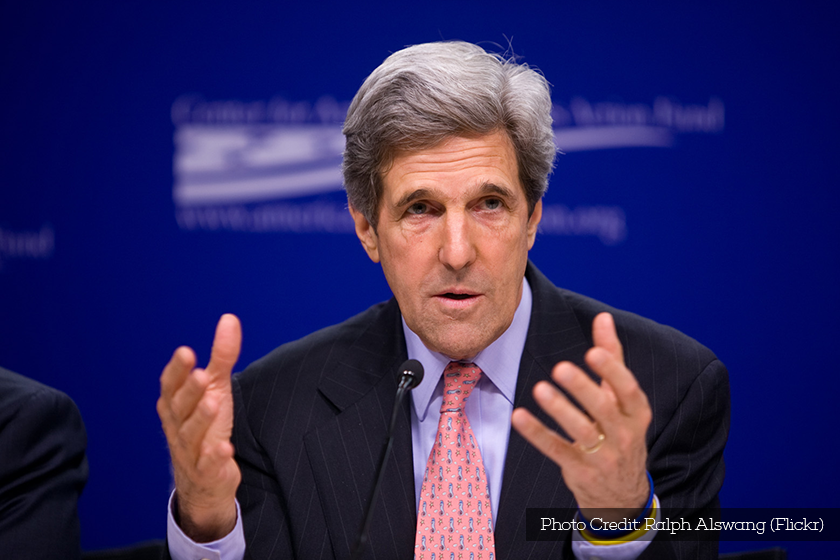Hezbollah’s Empty Seat at the Syria Peace Talks in Vienna
The recent attacks in Paris have added enormous world pressure for the United States, Russia, and Iran to decide the future of Bashar al-Assad and Syria. The US cites Assad’s alleged war crimes and lack of legitimacy as the reasons why his departure must accompany any political solution. Russia and Iran counter that it is not up to the US or its allies to determine the political landscape of a post-war Syria. But mention of Hezbollah is noticeably missing from most official statements on all sides, yet it may be the crux of the debate. And, as Western social media and news bickered over the disparate coverage that the terrorist attack in south Beirut received, they largely ignored the relevance of the target. The ISIS attack in Beirut was mainly directed not at Lebanon but at Hezbollah. The United States and Hezbollah, while united only in their struggle against ISIS, have the same public relations conundrum—how to portray a Hezbollah that is fighting takfiri terrorists instead of Israel? Hezbollah uses the word takfiri, or one …


